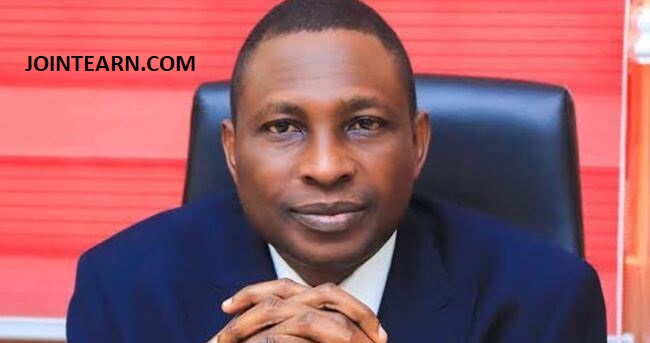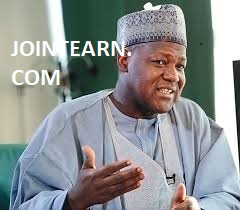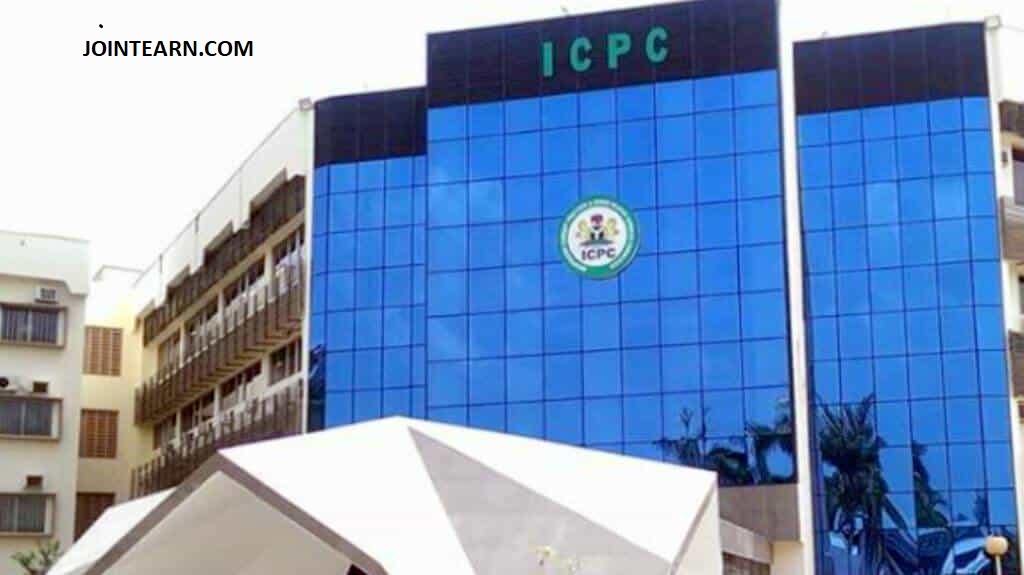The Economic and Financial Crimes Commission (EFCC) has firmly rejected allegations that it is solely targeting opposition politicians in its anti-corruption campaign. In a strongly worded response issued on Thursday, the commission emphasized that its mandate is to combat financial crimes without regard to political affiliations. The EFCC also disclosed that several high-ranking members of the ruling All Progressives Congress (APC) have been investigated and charged in the past, underscoring its non-partisan operations.
The rebuttal came in the wake of growing criticism from various quarters, including civil society groups and opposition parties, accusing the EFCC of being used as a political tool to silence dissenting voices. Critics claim that the anti-graft body has shown selective interest, focusing disproportionately on members of opposition parties while allegedly turning a blind eye to corruption within the ruling APC.
However, EFCC spokesperson Dele Oyewale, in a press briefing held at the commission’s headquarters in Abuja, clarified that the agency’s operations are guided strictly by the rule of law and evidence-based investigations.
“We Are Not Politically Motivated” – EFCC
“The EFCC wishes to state unequivocally that its operations are not directed by political considerations,” Oyewale said. “Our mandate is clear — to investigate and prosecute economic and financial crimes. We do not ask for party membership cards before launching an investigation.”
He added, “In recent years, the commission has investigated, arrested, and prosecuted members of the APC, some of whom held or still hold sensitive positions in government. These actions are on record and verifiable.”
Oyewale cited specific cases involving top APC figures, including former governors and federal lawmakers, to support the commission’s claim of impartiality. He stressed that public perception should not be skewed by sensational media narratives or politically motivated attacks on the agency’s integrity.
Notable APC Figures Prosecuted
While refraining from divulging names of individuals whose cases are still under investigation, the EFCC spokesperson pointed to several concluded and ongoing cases involving APC chieftains. Among the highlighted examples were:
-
A former governor from the North-Central geopolitical zone who was convicted for embezzling billions of naira from state coffers.
-
An ex-minister in the last administration who is facing trial over alleged diversion of public funds meant for constituency projects.
-
Several contractors and political appointees associated with the APC who were linked to procurement fraud and money laundering.
“These examples should be enough to put to rest the baseless claims of bias,” Oyewale noted.
Opposition Reaction
Despite the EFCC’s clarification, opposition parties have remained skeptical. A statement released by the National Publicity Secretary of the Peoples Democratic Party (PDP), Debo Ologunagba, accused the commission of grandstanding and attempting to cover up what he described as “obvious patterns of selective justice.”
“The public knows better. While we commend genuine efforts to tackle corruption, the reality on ground shows a disturbing tendency to shield certain individuals while hounding others for political reasons,” the PDP statement read.
The party also called for greater transparency in the EFCC’s operations and urged the agency to publish a list of all ongoing investigations to prove its impartiality.
Civil Society Weighs In
Meanwhile, civil society organizations have urged both the EFCC and the federal government to ensure the anti-corruption fight is conducted with utmost fairness and transparency. The Centre for Anti-Corruption and Open Leadership (CACOL), in a statement, praised the EFCC’s work but emphasized the need for consistency and clarity.
“Our position is simple: corruption has no party,” CACOL director Debo Adeniran said. “What Nigerians want is a credible, apolitical fight against financial crime. If the EFCC says it has prosecuted APC members, let the facts speak for themselves. The agency must communicate better and keep the public informed without breaching legal protocols.”
EFCC Reaffirms Commitment
Reaffirming its commitment to justice and accountability, the EFCC promised to continue its work regardless of external pressure or political narratives. The commission also warned against attempts to distract it from its statutory responsibilities through “slanderous and baseless allegations.”
“We are aware that corrupt elements will always seek to discredit institutions that stand in their way,” Oyewale added. “We urge Nigerians to support the EFCC in its mission to sanitize the system. Fighting corruption is a collective responsibility.”
He further assured that the commission will maintain transparency, uphold human rights, and ensure due process in all its investigations and prosecutions.
Background to the Controversy
The controversy surrounding the EFCC’s perceived political bias heightened recently following the high-profile arrest of a prominent opposition figure, which drew criticism and protests from supporters. The timing of the arrest — just months before key elections in some states — led to claims that the EFCC was being used to influence political outcomes.
However, legal analysts have pointed out that the timing of such arrests is often determined by the pace of investigations and the availability of admissible evidence, not necessarily political calculations.
Conclusion
The EFCC’s defense of its record and reassertion of neutrality highlights the ongoing tension between Nigeria’s anti-corruption institutions and the country’s deeply entrenched political rivalries. As the nation moves closer to future electoral contests, the integrity and credibility of these institutions will come under increased scrutiny.
For now, the EFCC remains adamant that it is an independent body dedicated to fighting financial crimes without fear or favor. Only time — and continued transparency — will determine whether public confidence in the agency can be fully restored.












